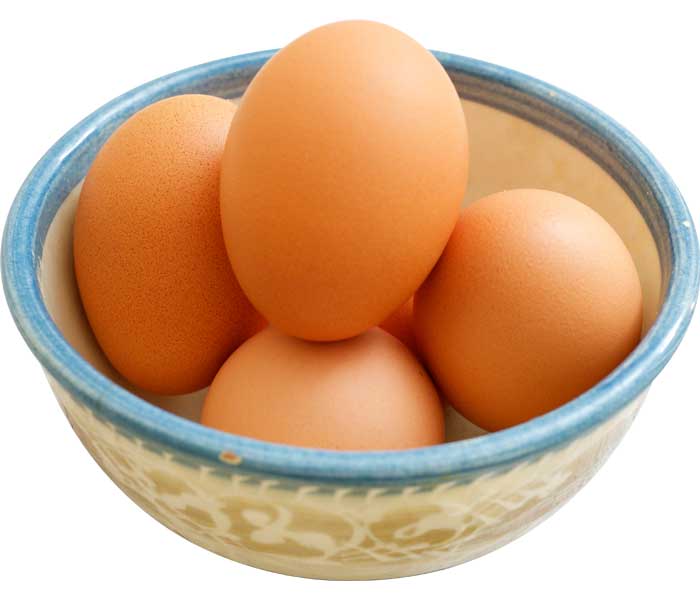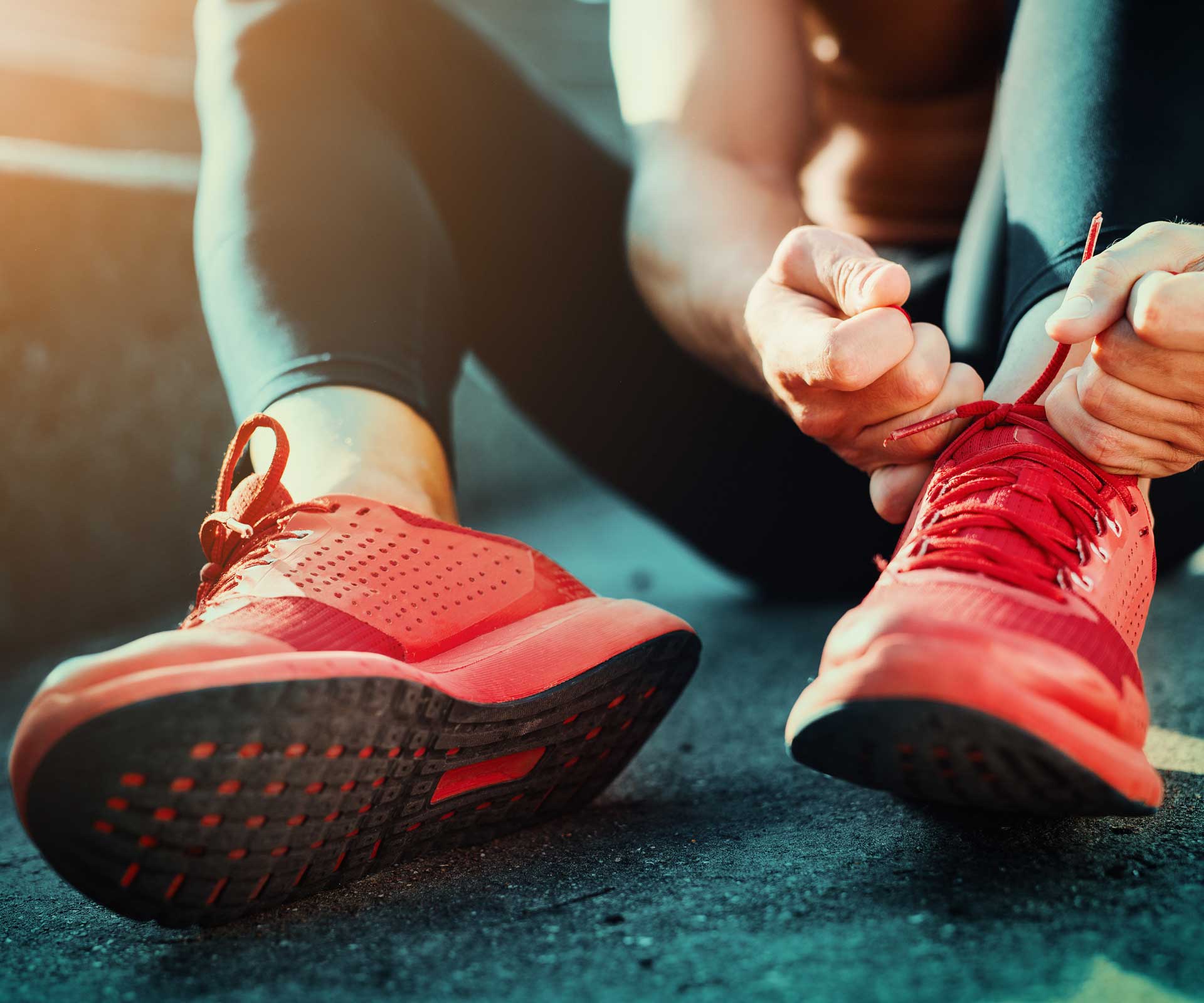In a nutshell, if you want to lose weight, you need to burn more calories than you consume. That’s why you’re advised to not only cut down on calories, but also to increase the amount of exercise you do if you’re trying to shed excess kilos. It makes sense to try to burn as many calories as possible through physical activity while also decreasing your intake.
But what if you can’t exercise for some reason? Perhaps you’ve got an injury or an illness that affects your ability to be physically active. Or maybe the extra weight you are carrying makes it difficult to move enough to burn calories.
The good news is that weight loss is still achievable if you can’t exercise. While physical activity is important for good health and can speed up the rate at which you drop the kilos, exercising alone is not recommended as a way of slimming down.
You need to exercise a lot to burn calories. For example, if you wanted to work off four slices of streaky bacon, a Big Mac or two Snickers bars – all of which are around 500 calories – it can take around:
• An hour of cycling
• 40 minutes of jogging
• 50 minutes of swimming or Zumba
• 80 minutes of walking
Nutrition experts say it is diet that makes the significant difference to weight loss, not exercise. So don’t worry too much if you can’t expend lots of energy. But you do have to be vigilant about what you eat if you want to drop any weight.
Here are some tips that may help:

Be organised
Working out in advance what you are going to eat every day will help you to stick to a meal plan and not give in to temptation. Don’t forget to include snacks.
Keep a food diary
Writing down what you eat every day helps with weight loss because you are less likely to cheat if you know you’ll have to be accountable for it. Plus, if you don’t seem to be losing weight, you can look back over what you’ve eaten and see if you can figure out what the problem is.
Cut out big meals
Having six small meals a day rather than three big ones can make a difference because it can keep blood sugar levels even and help avoid food cravings between meals.
Don’t starve yourself
Consuming less than 1000 to 1200 calories a day will just make you hungry, and more likely to snap and overindulge. It also puts you at risk of developing nutritional deficiencies.
Do the sensible stuff
There’s a good reason why dietary guidelines recommend cutting down on sugary and processed foods, and filling up on fruit, veges, wholegrains, lean protein and healthy fats instead. That’s because it works. You are not going to lose weight if you’re downing a chocolate bar or a bag of chips every day. Save them for occasional treats.
Don’t forget protein
Poultry, eggs, lean meat and dairy products are a good source of protein, and will help to keep you feeling full. Include protein at every meal.
Use healthier cooking methods
You may be sabotaging yourself if you’re eating food that is healthy but cooked in an unhealthy way. Use cooking methods that don’t involved adding lots of extra fats. Steaming, grilling and poaching food is better for you but if you do have to fry, use healthy monounsaturated fats, such as olive oil. Avoid pan or deep-fat frying.
Drink plenty of water
Staying well-hydrated is crucial for weight loss. Sometimes thirst feels like hunger and you end up eating instead of drinking. Water is best for you – avoid sugary drinks.
Get lots of sleep
Sleeping less than six or seven hours a night increases your risk of being overweight, according to research. Try not to look at any electronic devices for at least an hour before bedtime – the light they emit can trick your body into thinking it is still daytime, so it is harder to fall asleep.
Try gentle movement
With some injuries or illnesses, it is possible to do a little bit of movement – in fact, it may be encouraged to aid recovery. Check with your doctor whether physical activity is safe – you may be able to do gentle walks or go swimming.
For more from New Zealand Woman’s Weekly, visit our Facebook page, and follow us on Instagram.


